In vitro fertilization (IVF) is a medical procedure used to help couples who are struggling with infertility to conceive a child. It involves the fertilization of an egg with sperm outside of the woman's body, in a laboratory dish, hence the term "in vitro," which means "in glass" in Latin. The resulting embryo is then transferred back into the woman's uterus, where it can implant and develop into a pregnancy.
IVF was first successfully performed in 1978, and since then, millions of babies have been born through this assisted reproductive technology. It has revolutionized the field of reproductive medicine and provided hope to countless couples who previously had limited options for starting a family.
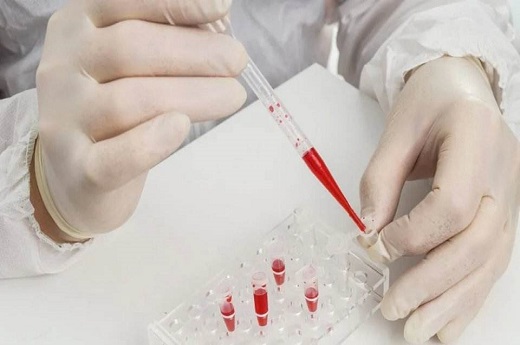
The IVF process typically involves several steps:
1. Ovarian Stimulation: The woman undergoes hormonal treatment to stimulate the ovaries to produce multiple eggs instead of the usual one egg per menstrual cycle. This is done through the administration of fertility drugs.
2. Egg Retrieval: Once the eggs have matured, they are retrieved from the woman's ovaries using a minimally invasive surgical procedure called transvaginal ultrasound-guided aspiration. This is usually done under sedation or anesthesia to minimize discomfort.
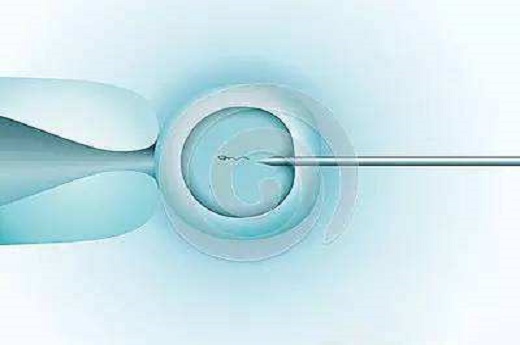
3. Fertilization: The retrieved eggs are then combined with sperm in a laboratory dish. In some cases, a single sperm is directly injected into an egg using a technique called intracytoplasmic sperm injection (ICSI). The dish is then placed in an incubator, and the fertilization process is monitored.
4. Embryo Culture: The fertilized eggs, now called embryos, are cultured in the laboratory for a few days to allow them to develop further. The embryos are carefully monitored for signs of healthy development.
5. Embryo Transfer: The best-quality embryos are selected for transfer into the woman's uterus. This is typically done using a thin catheter that is inserted through the cervix. The number of embryos transferred depends on various factors, including the woman's age and the quality of the embryos.
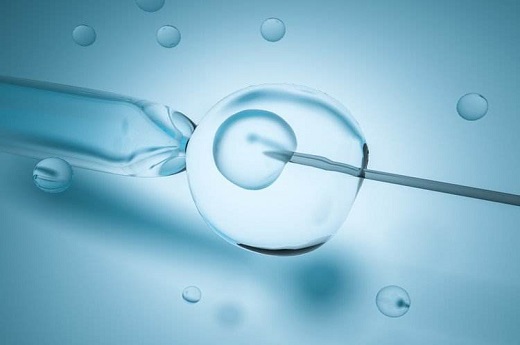
6. Pregnancy Test: Approximately two weeks after the embryo transfer, a pregnancy test is conducted to determine if the procedure was successful. If the test is positive, the woman continues with regular prenatal care.
IVF is recommended for couples who have been unable to conceive naturally or through other fertility treatments. It can be used in cases of various infertility factors, including:
1. Blocked or damaged fallopian tubes
2. Low sperm count or poor sperm quality
3. Ovulation disorders
4. Endometriosis
5. Unexplained infertility
IVF can also be used for individuals or couples who wish to undergo genetic testing on embryos before transfer, such as preimplantation genetic diagnosis (PGD) or preimplantation genetic screening (PGS).
The success rates of IVF vary depending on several factors, including the age of the woman, the cause of infertility, and the quality of the embryos. Generally, younger women have higher success rates than older women.
It is important to note that IVF is an emotionally and physically demanding process. It can be expensive and may require multiple cycles to achieve a successful pregnancy. Additionally, there are potential risks and complications associated with the procedure, such as ovarian hyperstimulation syndrome and multiple pregnancies.
In conclusion, in vitro fertilization (IVF) is a medical procedure that has revolutionized the treatment of infertility. It offers hope to couples who are struggling to conceive naturally and provides them with the opportunity to start a family. Despite the challenges and considerations, IVF has helped millions of couples around the world fulfill their dreams of becoming parents.
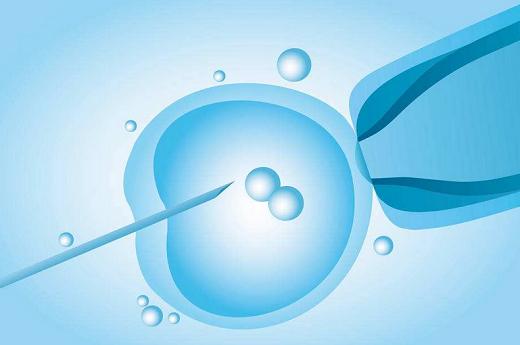
试管婴儿解决了不孕不育问题 试管婴儿技术是一项现代医学的重大突破,为许多不孕不育夫妇带来了新的希望和幸福。不孕不育是指夫妻在正常性生活条件下,经过一年或更长时间的努力仍然无法怀孕。这一问题可能由多种原因引起,包括女性的卵巢功能异常、男性的jz质量问题以及其他

试管婴儿取卵泡喝什么汤? 试管婴儿是一种辅助生殖技术,通过取出女性的卵子和男性的jz在实验室中进行受精,然后将受精卵移植回女性子宫内,从而实现怀孕和生育的目的。在试管婴儿过程中,取卵是一个非常重要的步骤,而饮食对于卵巢健康和卵子质量的影响也是不可忽视的。合理

试管婴儿:一种辅助生殖技术 试管婴儿,也被称为体外受精-胚胎移植(IVF-ET),是一种辅助生殖技术,旨在帮助那些无法自然受孕的夫妻实现生育梦想。这项技术已经存在了几十年,为无数夫妇带来了希望和喜悦。下面我们将为您介绍试管婴儿的过程、适用条件、成功率以及可能的风险。 试管
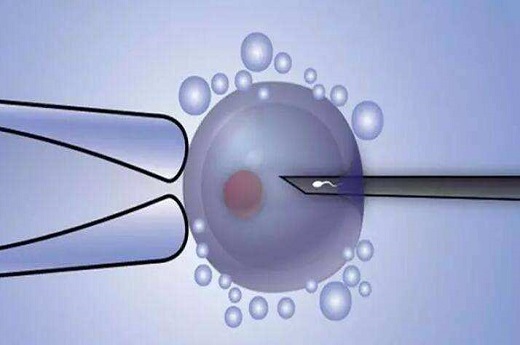
试管婴儿是指通过体外受精(IVF)技术将受精卵培养至一定发育阶段后,再将其植入母亲子宫内发育成胎儿的过程。虽然试管婴儿技术在解决不孕问题上取得了重大突破,但与自然受孕相比,试管婴儿可能面临一些先天问题。下面我们将详细介绍试管婴儿可能出现的先天问题。 1. 多胎妊娠:
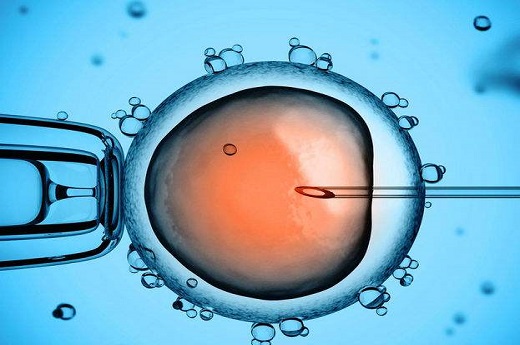
试管婴儿备孕期喝了酒有什么影响? 试管婴儿是一种通过体外受精技术辅助生育的方法,许多夫妇选择试管婴儿来实现他们的生育愿望。在备孕期间,一些妇女可能会考虑是否可以喝酒。本文将探讨试管婴儿备孕期喝酒可能带来的影响。 1. 酒精对生育能力的影响 酒精是一种神经系统抑制

为什么死精症做不了试管婴儿 试管婴儿技术是一种辅助生殖技术,可以帮助许多不孕不育夫妇实现生育梦想。对于某些男性患有死精症的夫妇来说,试管婴儿可能并不是一个可行的选择。下面将详细解释为什么死精症患者无法进行试管婴儿。 死精症是指男性jy中完全缺乏活动的jz,这意味
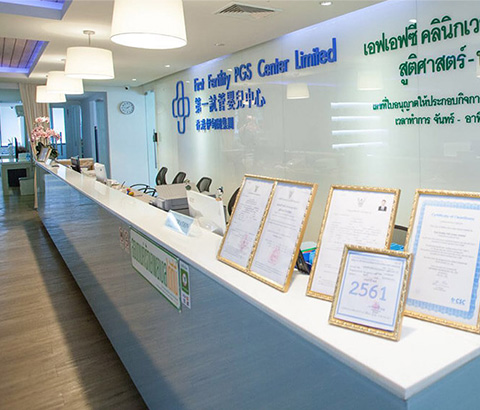
泰国第一试管婴儿中心位于曼谷市中心四季酒店附近,占地1500平方米,是曼谷大型的泰国试管婴儿医院专科诊所之...
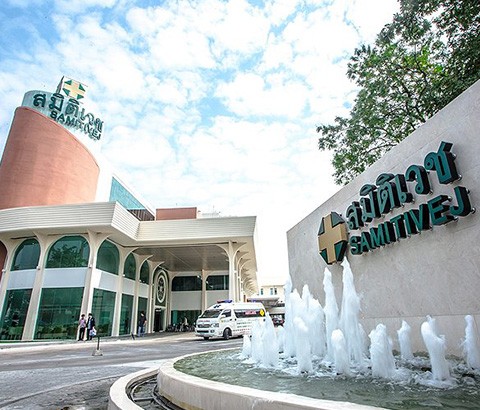
泰国三美泰医院成立于1979年,是泰国同行业中出于领先地位的私立医院集团。其中的总院三美泰素逸坤医院,位于...

泰国威它尼医院是一所在泰国领军的泰国试管婴儿医院,同时面向本地和国际病患。自1994年成立以来,一直提供更...

泰国康民国际医院,泰国试管婴儿医院创立于1980年,2002年首获全亚洲第一个JCI国际医疗认证。位于泰国曼谷的核...